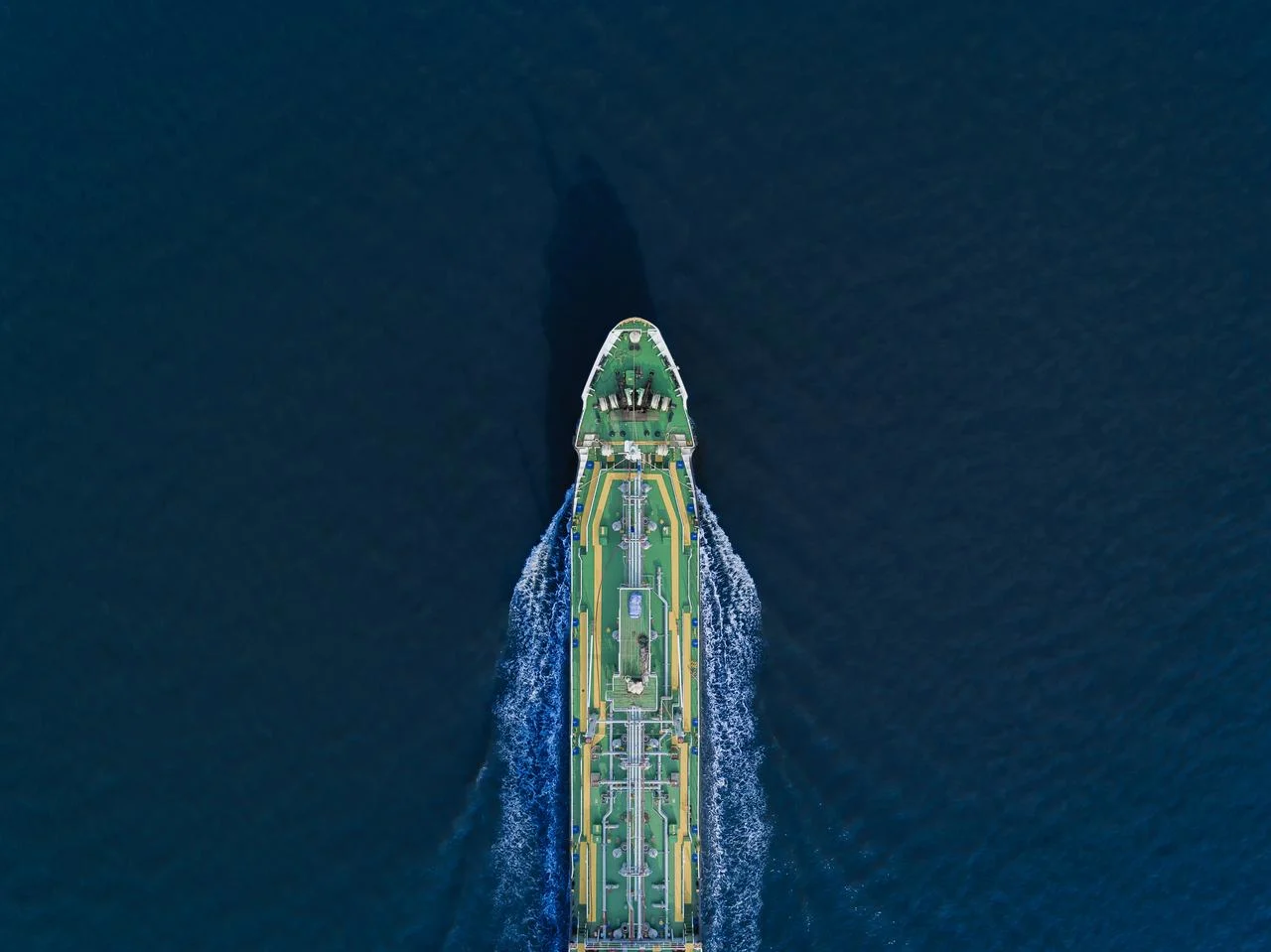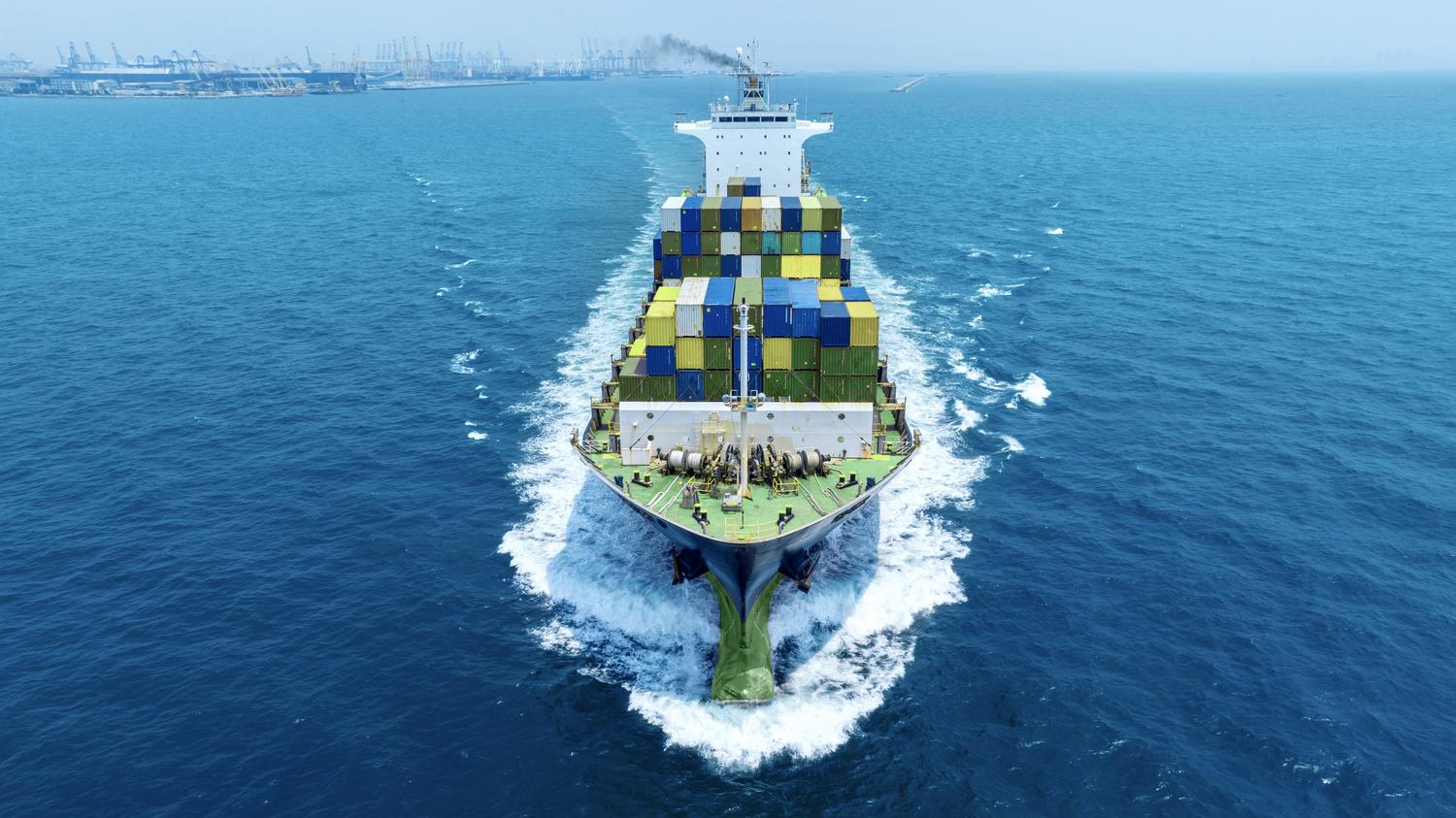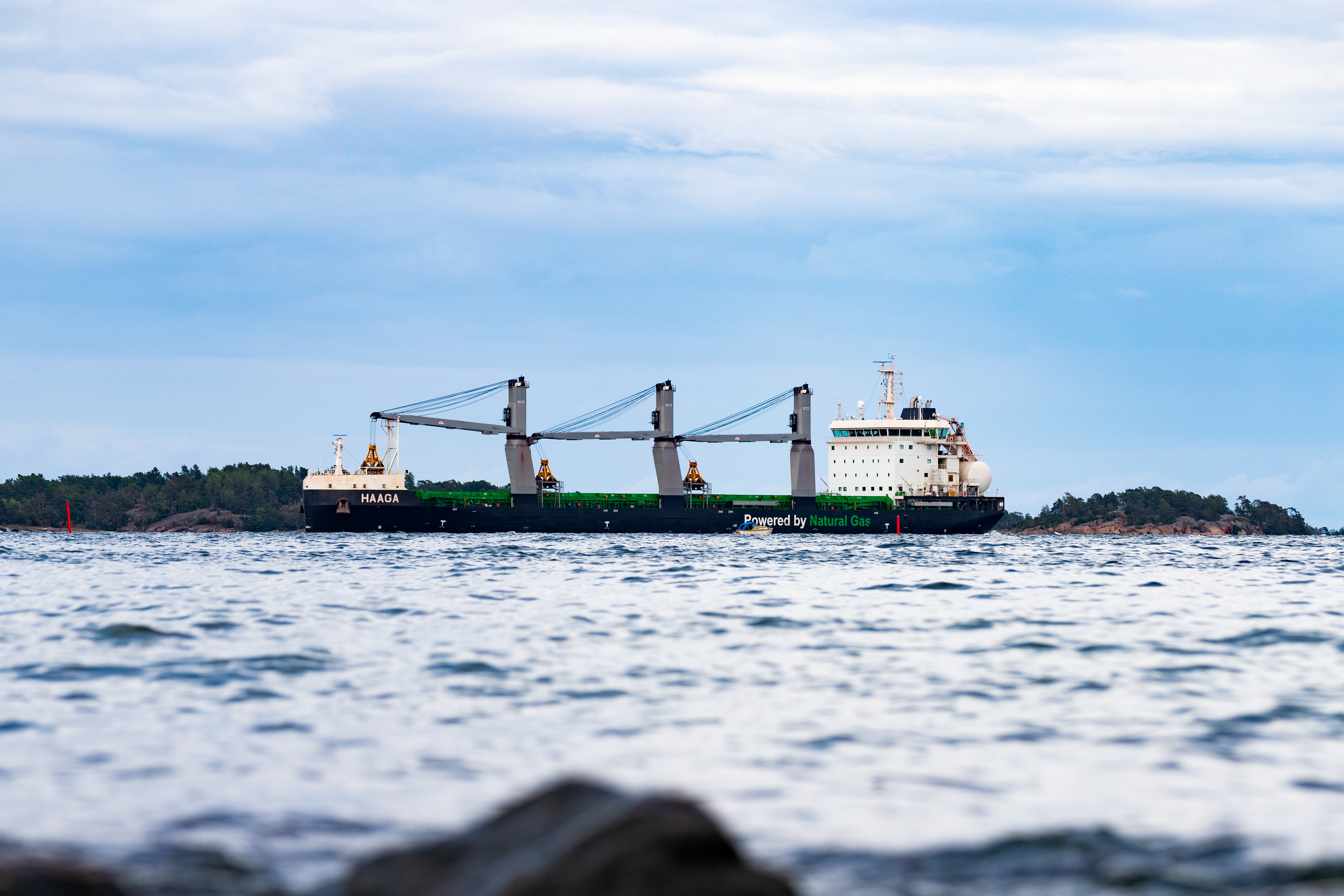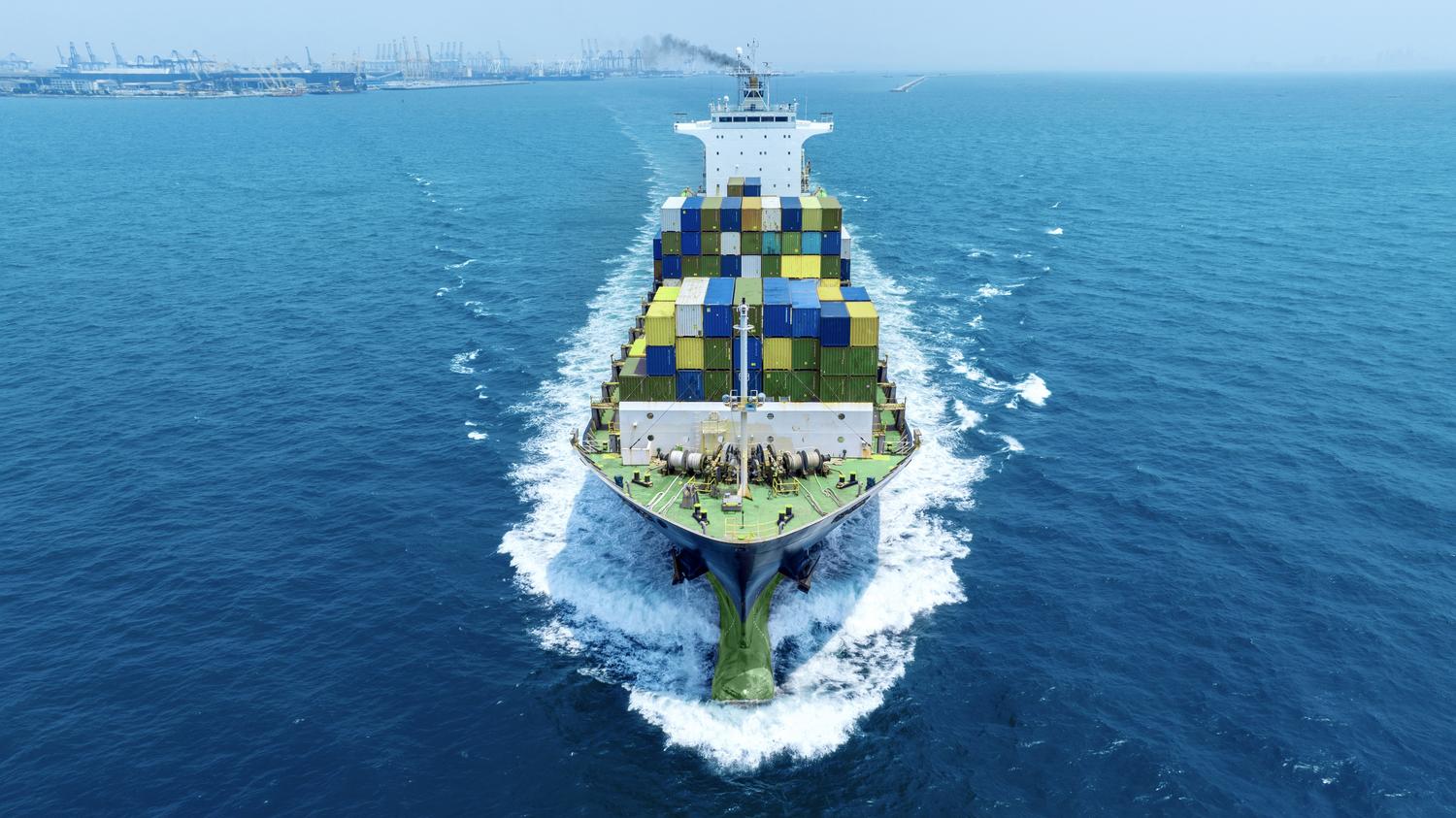
Marine
4 minute read
Refined defined – how the customer takes center stage throughout the process of creating refined bunker fuels
The topic of refined quality is widely discussed in the bunkering world. With over a decade’s experience in product development at one of the world’s most sustainable companies, Neste’s Varpu Markkanen says that producing a truly refined bunker fuel begins with putting the end user’s needs first through the entire production process.
After the IMO 2020 regulation on sulphur content in marine fuels came into effect, the variability between bunker products has clearly become a greater issue. When optimizing only for a certain specification, stability and the consistency between batches may be sacrificed. Varpu Markkanen, Business Development Manager at Neste, says it is time for the industry to focus on the customer.
“The industry has generally concentrated on looking at the spec sheets. But when you take the view of someone who is actually in charge of a vessel’s fuel systems and engines and its profitability, the questions become a whole lot more performance-based: How does it treat our engines? Does it save us trouble and time? Can we rely on the fuel performing exactly the same next time?”
In addition to standard testing of fuel stability, Neste also performs tests resembling the separator performance on board. These tests help to ensure that the quality of 0.5 bunker fuel fulfils the engine performance requirements.
As supply chain management has become a critical issue for the global bunker industry, Neste sees maintaining consistency as the key to providing customer value, now and in the future.
“For us, refined quality means that when producing a marine fuel, we know all the components and the entire process from beginning to end. All components are produced in-house at our own refinery,” says Markkanen.
“Trust is the key word in maritime. But sometimes control is better, and that is the path we have chosen for our marine fuels value chain – end-to-end control and the accountability that comes with it.”
Delivering consistency by design
The production of marine fuel involves processing crude oil into different fractions, which are then produced into components. A marine fuel is typically produced from 3 to 5 components.
”Having our own components makes it possible to fully plan and design the product in advance. Our starting point is always to consider what the maritime professional really needs and custom create the product to fit those requirements. This approach supports our target of zero customer complaints,” Markkanen explains.
In the case of, for example, Neste Marine 0.5, the aim has been to provide a refined quality low-sulphur product that, above all, delivers consistent quality and reliability without any deviations.
“When originally bringing Neste Marine 0.5 to market, we of course aimed for a product that allowed customers to comply with the new global Sulphur cap instantly and with minimum hassle. Now, after delivering the product already for around one year, we have had zero issues with its technical performance. For example, our customers Finnlines and Wisby Tankers have both reported excellent results using Neste Marine 0.5, without any problems with their fuel systems. Consistent quality means also less need for maintenance and unexpected problems with fuel handling and engines,” Markkanen says.
Developing future-proof fuels
Neste’s offering of refined quality low-sulphur bunker fuels allows customers to meet global compliance requirements immediately. Besides having strict control of the components, producing a refined quality product requires the ability to conduct all critical testing and analysis in-house. Own laboratories make it easier to respond and take corrective actions quickly. For example, having in-house engine expertise and an own engine lab enables sharing knowledge with engine manufacturers, which again leads to improved customer understanding.
“Neste is an agile company with total control of testing at each stage of production. Because our own technical support has a clear understanding of the entire process, we are able to help customers with any questions they may have. Continuous dialogue and cooperation with our customers is the key to improving our product performance and user experience also in the future,” Markkanen concludes.
Learn more about Neste’s world leading innovation platform and engine laboratory, serving the maritime, road, and aviation industries:





